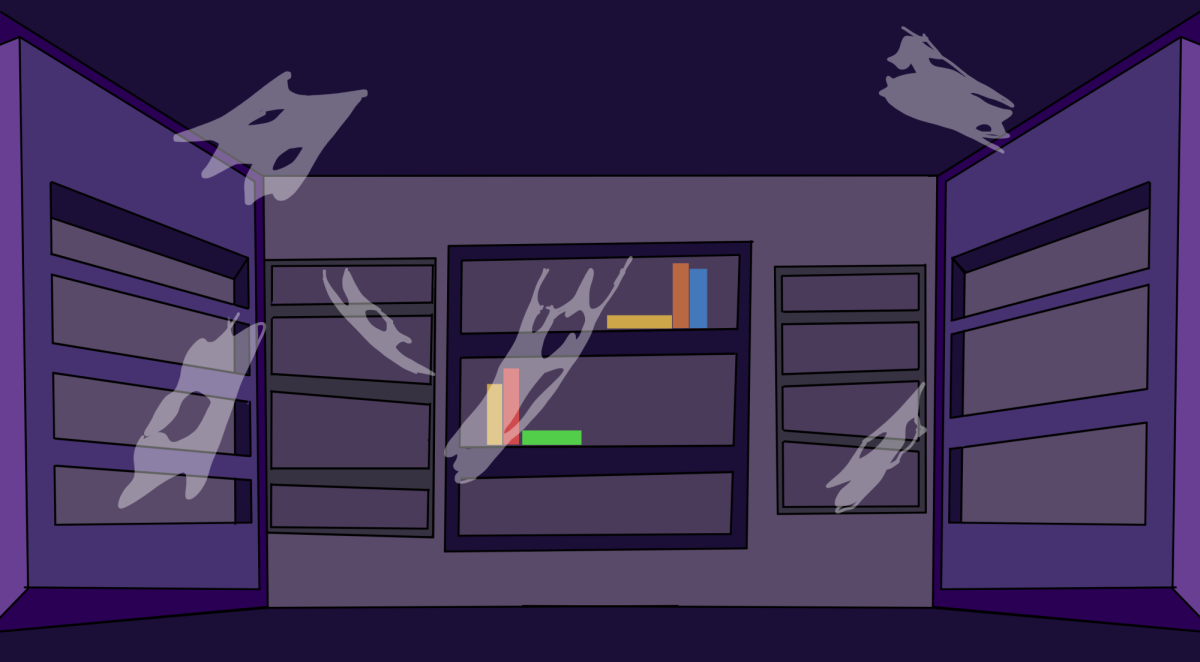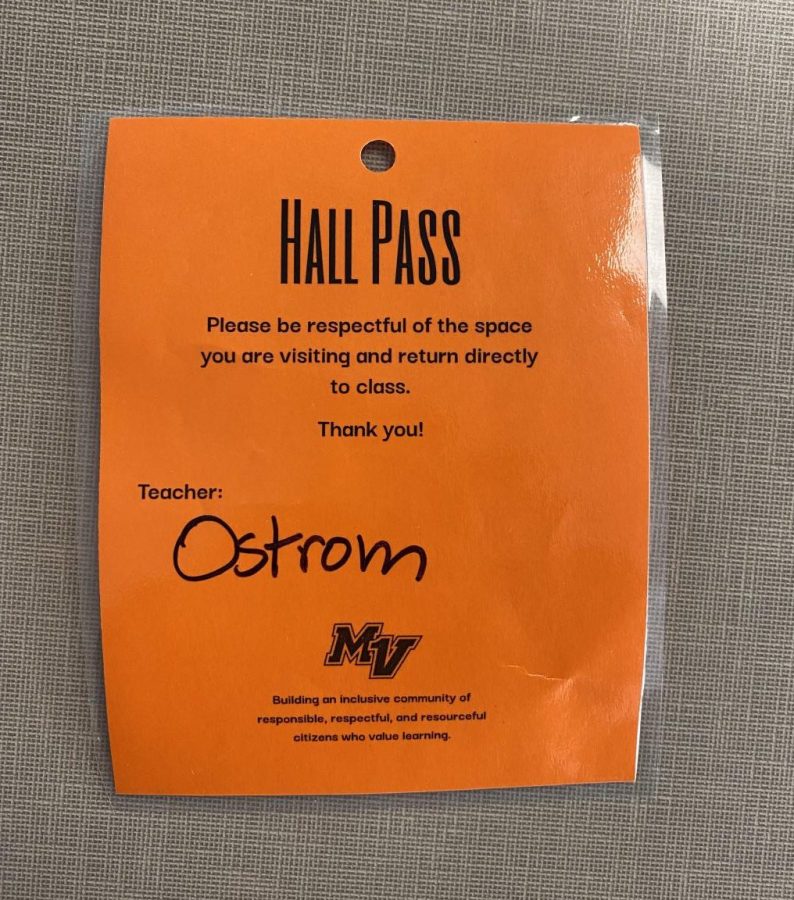Seasonal Depression
November 16, 2022
Seasonal Affective Disorder, also known as Seasonal Depression, is a specific type of depression that is caused by the changing of seasons. Due to the recent time adjustment, more people are likely beginning to struggle with seasonal depression. Over 10 million Americans experience it as the weather begins to become cooler and winter approaches. Though typically mild, seasonal depression can still make a large impact on anyone’s life.
The main cause of seasonal depression is the change in the atmosphere. During the later months of the year, there are fewer hours of daylight and many people have a hard time adjusting to it. “Research suggests there are many factors involved in the changing of seasons that may cause seasonal depression, with the major factor being less sunlight. Less sunlight can impact the circadian rhythm (the 24-hour sleep-wake cycle that can impact mood and hormones), serotonin levels in the brain (serotonin is a neurotransmitter that impacts mood), vitamin D levels (a nutrient that the body needs for many functions, including maintaining brain cell health) and melatonin levels (a hormone in the body that helps regulate sleep),” said school nurse, Alana Schmiesing. Most people don’t realize the negative effect that the change in seasons can have.
Symptoms for seasonal depression can vary from person to person. The most common symptoms are feelings of sadness and lack of energy. “I experience it all the time during winter. It impacts my grades and mental health,” said freshman Taylor Bade. Many of the symptoms are similar to those experienced by individuals with depression, but those with seasonal depression usually encounter them during the later months of each year.
Students who experience seasonal depression may have a harder time in school. “It could impact them the way any kind of depression could. It simply can cause them to lose some focus, it could precipitate mood swings, it could make them maybe not care as much about things like social get-togethers or school performance,” said Ross Fleming, health teacher. Seasonal depression can have significant effects on anyone, but especially on students.
Although any kind of depression is difficult to overcome, it is very possible to cope with.
“I try to take my mind off of it by doing calming things that make me happy,” added Bade. Seasonal depression can be treated at home or by a healthcare provider depending on its severity, but self-care is a great option for those with mild symptoms.
Even just reaching out to talk to someone is a big step forward. There are many resources available through Mounds View to assist students experiencing any mental health concerns. “If students experience symptoms of seasonal depression, it is important to talk to a trusted adult right away, such as a parent, guardian, teacher, dean, coach or school nurse,” added Schmiesing. Seasonal depression is a real disorder that shouldn’t be overlooked.















![[DEBATES] Prestigious colleges: value or hype?](https://www.mvviewer.org/wp-content/uploads/2024/12/buildings-1200x654.png)



































![[OPINION] The dark origins of TikTok's looksmaxxing trend](https://www.mvviewer.org/wp-content/uploads/2024/02/Copy-of-Copy-of-Untitled-Design-1200x675.png)










![[DEBATES] Prestigious colleges: value or hype?](https://www.mvviewer.org/wp-content/uploads/2024/12/buildings-600x327.png)






